Global Learning Experiences Change Lives
Bailey Kaiser is a college graduate who majored in Spanish and Sociology. She applied what she learned in school to a life-changing sojourn in Uruguay. Originally from a small farming community in Wisconsin, Bailey comments on the impact of international travel on her creative and professional life in an interview with Knowledge Without Borders™.
Knowledge Without Borders™: You are from a small town in Wisconsin, how did you become interested in learning about and seeing the world?
Kaiser: When I was younger, my family did a lot of traveling within the States. I always loved new experiences and getting away from what I considered “normal.” As I saw the differences from state to state, I couldn’t imagine how diverse life must be in other parts of the world. This really instilled a driving curiosity; one that I’m not quite sure will ever be satisfied.
Knowledge Without Borders™: How did you become interested in learning a world language?
Kaiser: With the influx of Hispanic immigration in the United States, my hometown saw a sizeable surge of Spanish speakers within the community. This created enormous cultural gaps and misunderstandings that my predominately white English-speaking town was not accustomed to. When I started taking Spanish in high school I realized that many of these new issues could be easily solved if people could understand each other. By learning Spanish I was able to bridge the communication gap…it’s a beautiful feeling.
Knowledge Without Borders™: How did you become interested in Latin America?
Kaiser: There is something very real about Latin America; intriguing and almost mysterious. I am extremely attracted to the diverse and friendly people, incredible heritage, varied dialects and a very different pace of life.
Knowledge Without Borders™: What made you choose Uruguay?
Kaiser: To be completely honest, I have no idea. People ask me that often, but the only answer I have is that I always felt a strong calling to go there, it just felt right.
Knowledge Without Borders: Tell us a little about your study and learning experience in Montevideo?
Kaiser: I went to a small private university, La Universidad Catolica del Uruguay and took classes geared for exchange students. All of my classes were instructed in Spanish and included topics like Latin American history, Uruguayan Literature and Culture and a language and grammar course. Through my classes I was able to meet a variety of exchange students as well as take part in a community service project where I worked with elementary children from low-income families. I learned a lot about myself, and I truly enjoyed viewing Uruguay through the eyes of five-year olds.
Knowledge Without Borders™: Tell us about your community in Uruguay. How will you use social media to stay in touch and continue to share ideas about life and work?
Kaiser: I lived with a middle-aged woman named Silvia, to whom I owe the world. She was incredibly patient with me when I arrived speaking very minimal Spanish. I was also blessed to meet Laura and Eduardo, the host parents of a few of my exchange friends; they are two of the most interesting and beautiful people I know. As a considerably independent college student, I learned how to become interdependent within the Uruguayan culture. The friendships I acquired with Uruguayan peers, and the advice I got from host parents was one of the best parts of the experience. I am eternally grateful to the Uruguayans who took me under their wing, and showed me their country and explained their culture. Now I can use video chat and email to keep in contact with Uruguay. I think this is incredibly important because in order to be able to fully understand yourself within the context of your own culture, you have to be removed from it, so as to view it from an outside perspective.
Knowledge Without Borders™: How has this experience changed your life?
Kaiser: I pride myself on being a good communicator. However, when I went to Uruguay, the most basic communication, language, was stripped of me. I was a mime (as my host mom called me), and I realized I had to start from scratch. I knew essentially nothing about the culture (reading Wikipedia entries only goes so far), and struggled with tasks as simple as riding a bus (how do I ask where my stop is when I don’t even know the word for “bus stop?”). I became much more independent by realizing how dependent I had to be while asking for directions, or having a stranger correct my grammar…it’s a very humbling feeling. Now that I am home, I am realizing I did not learn Spanish to teach other people, but rather, to learn from them.
Knowledge Without Borders™: In what ways is the world a little smaller now?
Kaiser: Living in a foreign country makes you realize that essentially, human beings are the same. It is the little, everyday tasks…people all around the world brush their teeth, say hello, buy groceries and visit their grandmother. I know this is a simple concept, but so often we get caught up in our differences, that we forget about the overwhelming similarities.
Knowledge Without Borders™: Tell us about any connections you have made between your experience growing up in Wisconsin and your experience living in another country with a different language and culture. How have these discoveries influenced the way you feel as an American – and as a global citizen?
Kaiser: I grew up in a safe environment. Surrounded by a family and a community where everyone knows everyone in a town made up of less than 2,000 people. I am incredibly blessed with an enormous support system. The most important thing I learned in childhood was the importance of family and gratitude for what I have been given. Living in Uruguay, I did not have my blood family, but rather realized that I am part of something much larger—the human race. Although I am an American citizen, I believe that is only a small component of who we are as human beings. Starting small within our communities to spark change and growth is the first step of realizing our interconnectedness as global citizens. I was only able to realize this when I was taken out of my element.
Knowledge Without Borders™: Tell us about your plans for future education and work.
Kaiser: I will be running through every open door I find. I cannot wait to travel and experience other cultures, and be able to share that with my own community. I cannot say specifically where I will end up, or what my job title will be. All I know is that I want to be the bridge that connects cultures. There is nothing more satisfying to me than working to make the unknown, known.
Knowledge Without Borders™: What knowledge and skills do you think are most important as you think about your life and work in the 21st century?
Kaiser: Global perspective and a willingness to always be a learner are two qualities that define the 21st century. If we close ourselves off to new ideas, perspectives, people…then we close ourselves off to the possibility of bettering our society. Every day is a new experience, and a new chance to grow. I firmly believe that “you cannot fill a cup that is already full.”

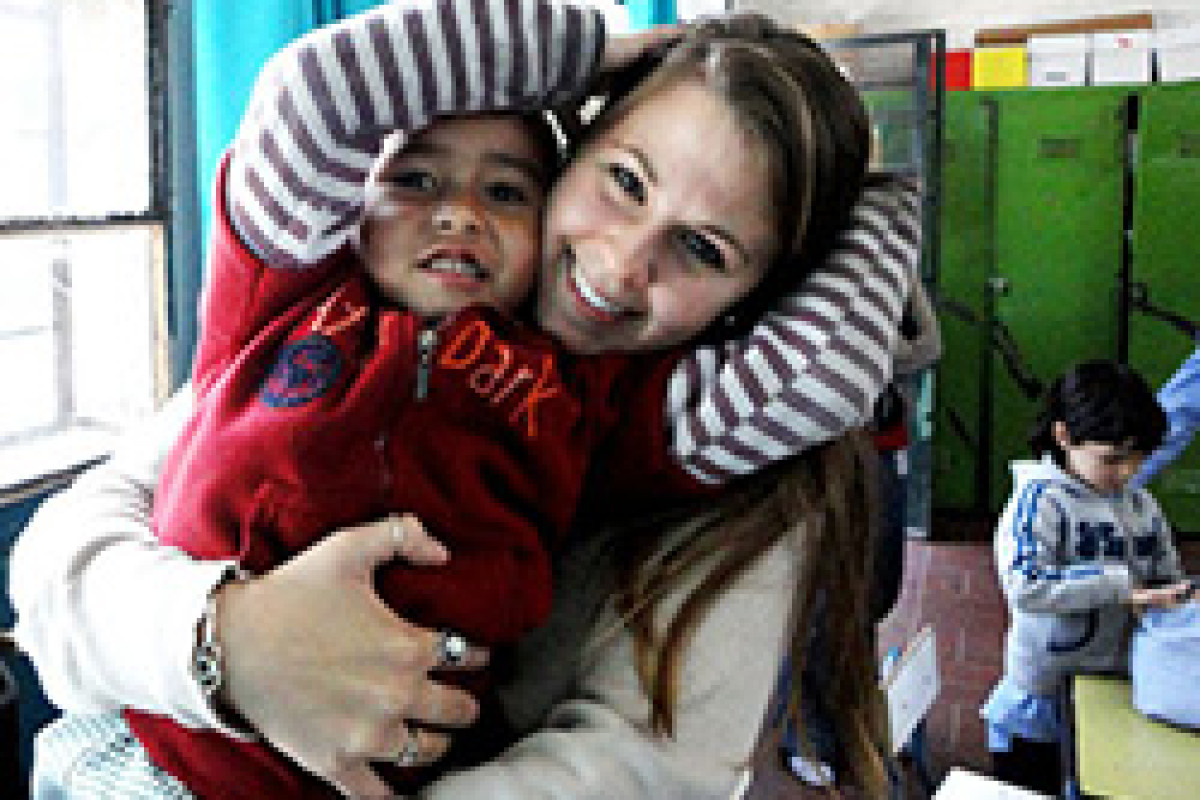
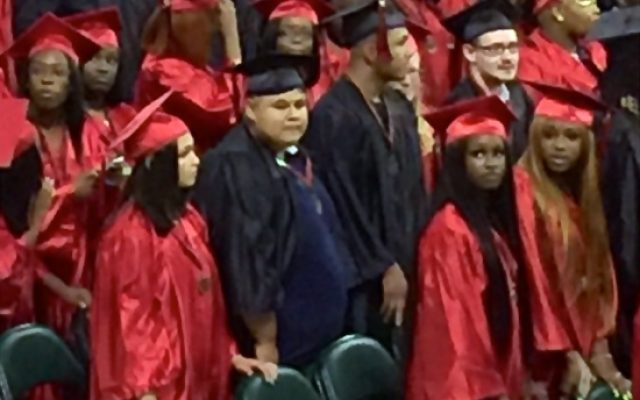
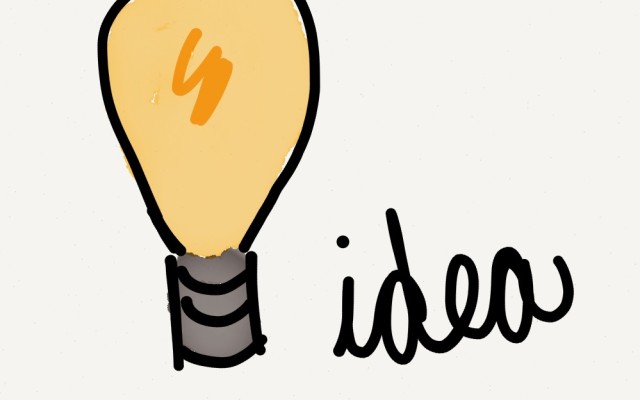
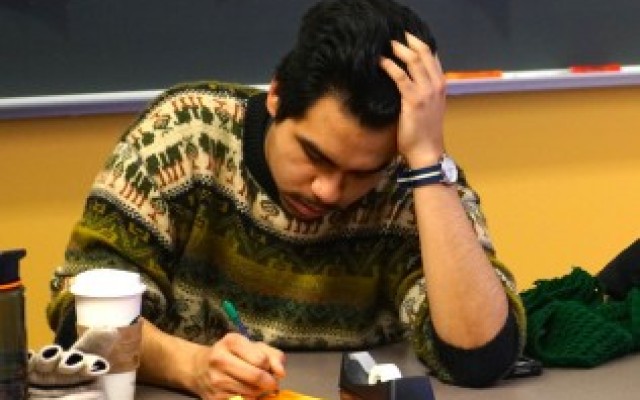
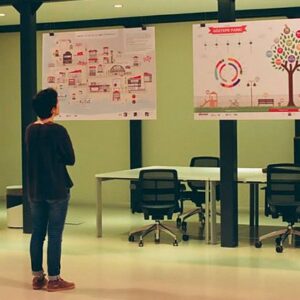
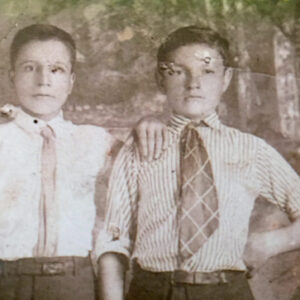
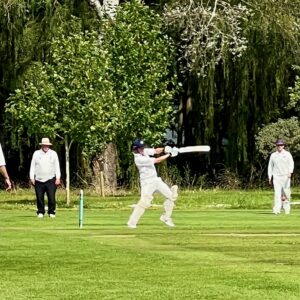
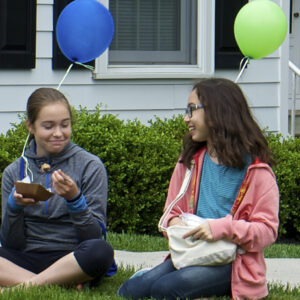

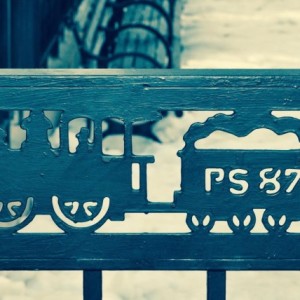
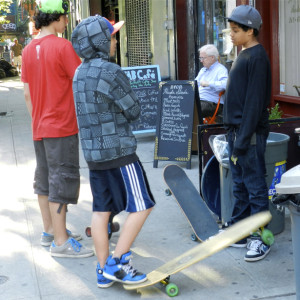
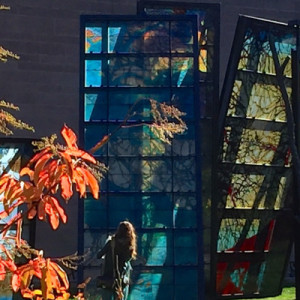
No Comments Yet!
You can be first to comment this post!